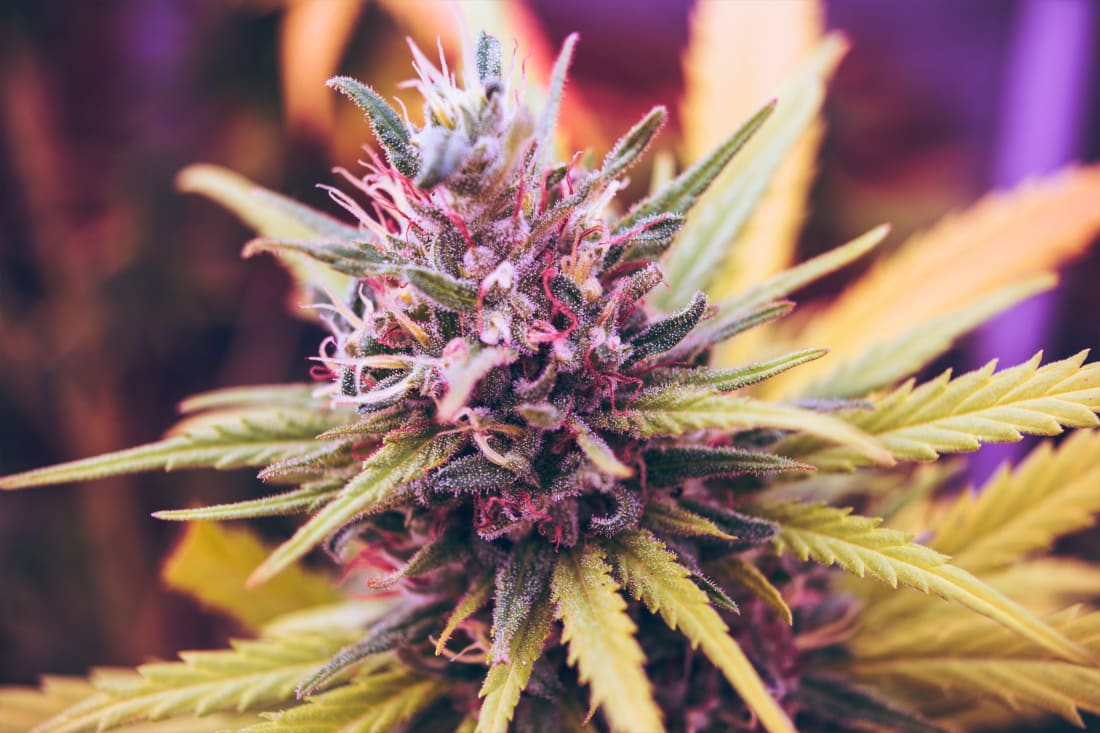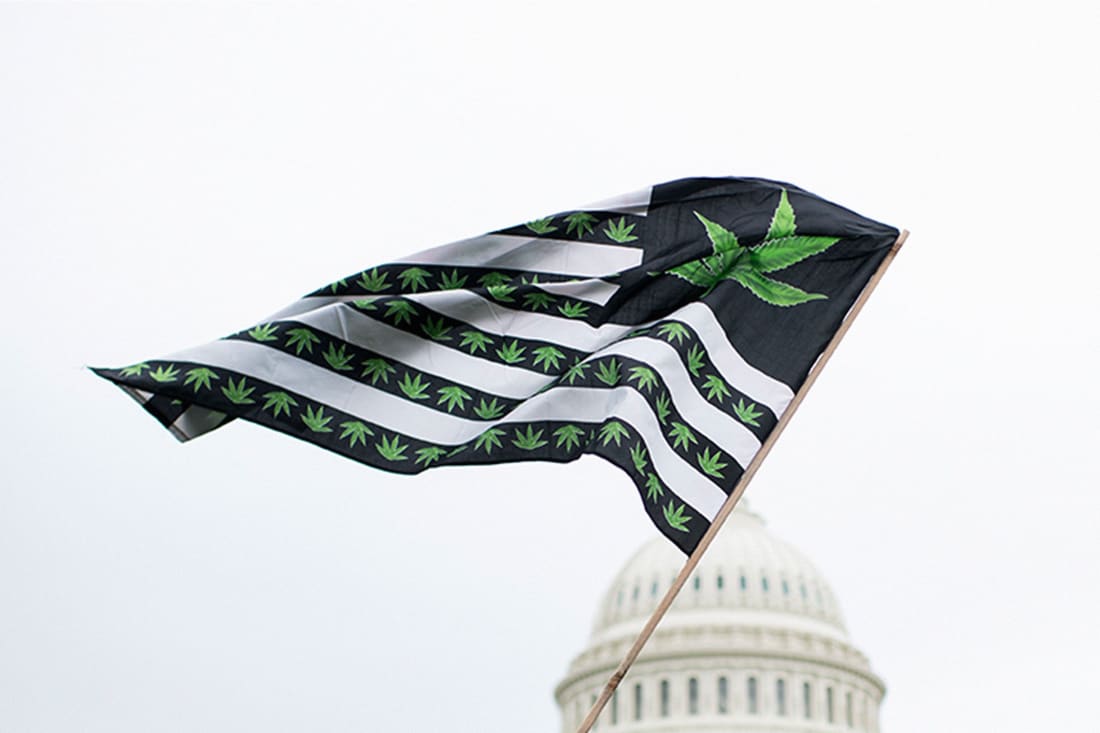Brittney Griner will be released and home for Christmas
The basketball star's wife gave a statement to say "today my family is whole"
The basketball star's wife gave a statement to say "today my family is whole"
Brittney Griner, the 32-year-old American women's basketball star and Olympic gold medallist who also played part-time for Russia's UMMC Ekaterinburg team, has been released after 10 months of detention in Russia. The move comes as part of a prisoner swap between Russia and the US.
The athlete was arrested at Moscow's Sheremetyevo airport in February 2022 for possessing less than a gram of doctor-prescribed hashish oil in separate vape canisters for personal medical use and chronic pain management.
In November she pleaded guilty to drug possession and smuggling and faced nine years in a penal colony in Yavas, in Russia's western Mordovia region.
After US officials successfully negotiated the prisoner exchange, President Biden stated that Griner was safe and returning home on a plane from the United Arab Emirates. As the news broke, Griner's wife Cherelle Griner spoke publicly at a press conference to say "my family is whole" following her partner's release, while mentioning that there are other "families who are not whole". She then stated that she and Griner would dedicate themselves to the fight to return US individuals currently imprisoned in Russia.
She explicitly mentioned Paul Whelan, a former US marine who is still in Russian custody after being sentenced to 16 years in prison. He was arrested for espionage in 2018 but has maintained his innocence and expressed his hopes to be freed in a prisoner swap. As Griner's return was negotiated, US officials had initially hoped that Whelan may also be able to return home, however it became clear that Russia would only allow the return of one US national in the deal.
The Russian involved in the prisoner exchange is Viktor Bout, an arms dealer nicknamed the "merchant of death" who has been in a US prison for around the past 12 years. He was brought into custody in a 2008 sting operation in Thailand, where he agreed to sell weapons to Drug Enforcement Administration informants posing as members of the Revolutionary Armed Forces of Colombia (Farc). In November 2011 he was charged with conspiracy to kill Americans and US officials, deliver anti-aircraft missiles and aid a terrorist organisation.
However, rumours of his alleged crimes are more varied than this: he has been accused of supplying weapons and air transport to organisations such as the Taliban and supplying weapons to dictators in countries in Africa, South America and West Asia. His activity reportedly began in the 1990s.
Of course, there is no equivalence to the alleged crimes of the individuals involved in this prisoner swap: this is instead a diplomatic measure in response to the mounting pressure to see Griner on US soil once more. Against the backdrop of Russia's war in Ukraine, and the US's support for Ukraine in this conflict, it means that much more that Griner's release was able to happen.
As André Gomes, communications lead for Release, the UK's national centre of expertise on drugs and drug law told woo; "We were incredibly heartened by Griner's release, her arrest came at a politically sensitive time, with punitive drug laws unfortunately turning Griner into a geopolitical bargaining chip. It is ludicrous that her release was dependent on the exchange of a known war criminal; there are no parallels between possessing cannabis and selling weapons."
Ester Kincová, Public Affairs and Policy Manager for Transform Drug Policy Foundation, echoed these sentiments. "Brittney Griner’s release is welcome and overdue. Her sentencing to imprisonment in a penal colony was an extremely harsh punishment for what was a legal medical prescription for cannabis in the US," she said. "It's important to avoid any false equivalence between her detention for minor cannabis offences, and that of the notorious Russian arms dealer Victor Bout, the so-called ‘merchant of death’, who she was exchanged for."
The global scrutiny of Griner's case has also raised awareness of Russia's strict laws around drug use at a time when other countries are relaxing regulation on cannabis and researchers are exploring the scientific and medical potential of cannabis and psychedelics. Russia's approach to drug use has been described as one of "social intolerance" - as well as prison sentences for possession, there is a law against "narco-propaganda" or, in plain terms, promoting or openly discussing drug use.
In Russian society, researchers have pointed to a culture where female drug users are more harshly stigmatised compared to their male counterparts due to a perception that substance use or addiction prevents them from carrying out their socially-approved roles as mothers.
While gender may have factored into Griner's severe punishment within the Russian context, her experience as a Black woman reflects wider discrepancies in terms of racialised sentencing and policing around non-violent drug offences in the US and UK.
"Nobody should have to face arrest and 10 years in prison simply for having cannabis. This reflects the experiences of many people around the world, not just in Russia, and also highlights the racial disparities in the enforcement of drug laws," continues Gomes. "Research we have produced shows that Black people in the UK are more likely to be stopped and searched for drugs, more likely to be arrested and more likely to be prosecuted despite use being lower compared to White people. This is just one of many reasons why reform of the drug laws is urgently needed."
In the US, as Kincová notes, the government's war on drugs has been proved to have had a "disproportionate impact on people of colour and LGBTQ communities". In a bid to address some of these historic injustices, President Biden has introduced federal-level pardons for former cannabis offences.
You can learn more about drug reform in the UK by visiting the official websites of Release and the Transform Drug Policy Foundation. Release has also released a report proposing 14 social equity principles to ensure a just, fair and equitable UK cannabis market.
Latest



